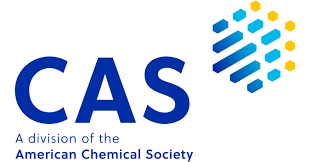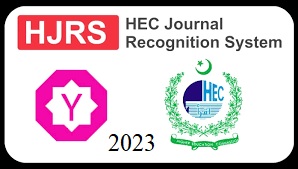Case series: Moxifloxacin induced hypotension in ischemic heart patients
DOI:
https://doi.org/10.56770/jcp201804Keywords:
Moxifloxacin, Cardiovascular patient, HospitalAbstract
This report represents case series of two severe hypotension and mild allergic reactions associated with oral use of single moxifloxacin tablet 400 mg in known ischemic heart patients. A-60-year old man was received in emergency department of district headquarter hospital with symptoms of dizziness, severe sweating, rashes and itching. These signs and symptoms developed ten minutes after oral intake of tablet moxifloxacin 400 mg. Blood pressure of patient was 100/70 mmHg. A second case of moxifloxacin related syncope developed to 61-year old physician was spontaneously reported by himself. He developed itching, dizziness, chest pain, followed by fell down and got unconscious in 30 minutes after oral intake of 400 mg moxifloxacin tablet. Patient was brought to emergency of a teaching hospital. Blood pressure of patient was 100/65 mmHg. He was also a patient of ischemic heart disease, hypertension and undergone coronary artery bypass grafting (CABG) two years ago. As per FDA guidelines, both of the cases were examples of serious adverse drug events and were certain as per WHO/UMC categorization of adverse drug reactions.
Downloads
Published
How to Cite
Issue
Section
License
Copyright (c) 2018 The authors retain the copyright without restriction.

This work is licensed under a Creative Commons Attribution 4.0 International License.









